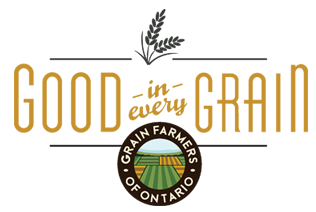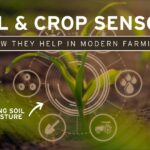#BacktoGrainBasics: Grain myths

As we continue getting #BacktoGrainBasics this month lets get back to facts on some common grain myths we hear at Good in Every Grain:
Grains are bad for our health
First up, there is a variety of information out there that grains are bad for our bodies, gut health and should not be consumed. This isn’t completely accurate. About 1 percent or 1 in 133 Canadian are diagnosed with Celiac Disease where their bodies cannot digest the gluten protein found in wheat and barley. Making gluten a part of your diet can aid in maintaining a healthy body mass. In fact, whole grains like wheat are recommended as part of a balanced diet and associated with a reduced risk of heart disease, obesity, type-2 diabetes, dementia and other health conditions. Eating the right grains can help you get the energy you need for activities and build muscle. For more information on gluten-free diets read Should I be Eating Gluten?
GMO’s are dangerous
This is something we hear pretty often but only two out of our five grains are genetically modified- corn and soybeans. Ontario farmers have the choice to grow GMO or Non-GMO corn or soybeans each year. The reason farmers use GMO seeds is that not only has science proven this technology is safe – safe for our environment, safe for humans and animal consumption, but GMOs can also help farmers reducing land and water use, reducing carbon footprints, and reduce pesticide use.
Pesticides are dangerous
Pesticides are types of chemicals that are used to eliminate a threat or pest to a grain crop. These threats could be from diseases, insects or weeds that could interfere with the health and quality of the grains growing. A common question we hear is that food sprayed with pesticides is unsafe to eat or less healthy/nutritious to eat. In fact, there is no science showing that grains grown using pesticides or not have any safety or health/nutritious difference. Health Canada states, Whether you eat organic or conventionally grown produce is a personal choice. To date, there is no scientific evidence to show that there is a health risk from eating conventionally grown produce because of pesticide residues, or that organic foods are safer to eat than conventionally produced foods. Pesticides are a tool used by #YourFarmers to protect Ontario’s growing grains.
Curious how Ontario grains are grown? Be sure to read through the blogs under Good in Every Farm or send us an email!



